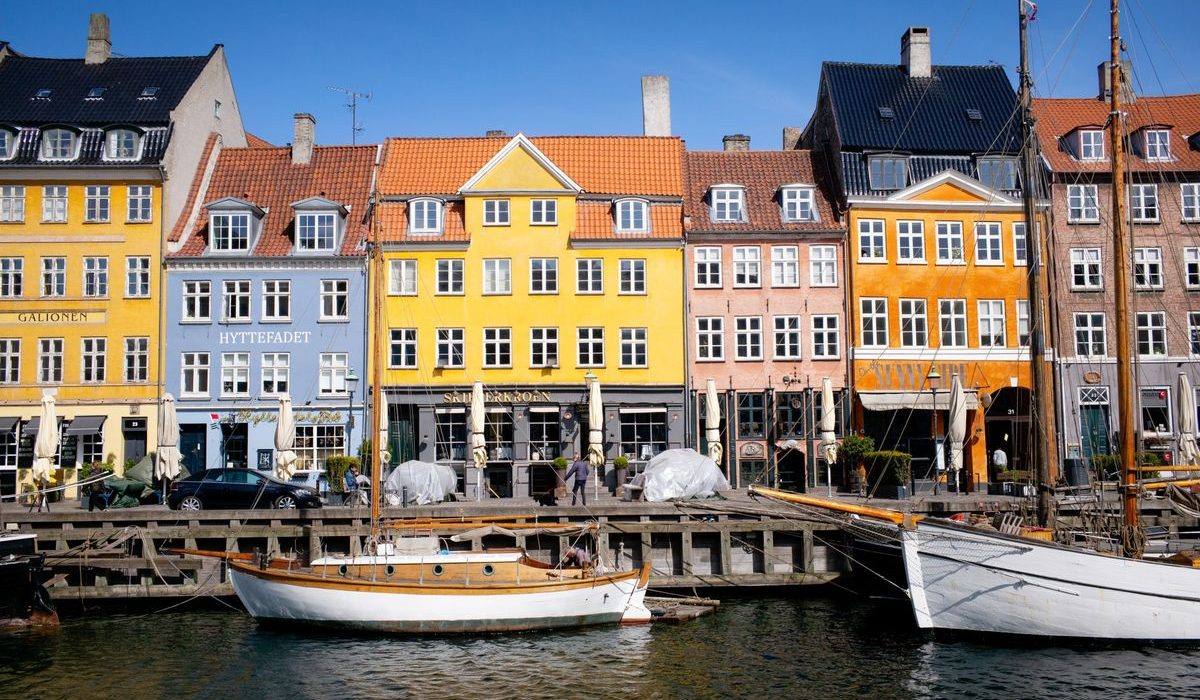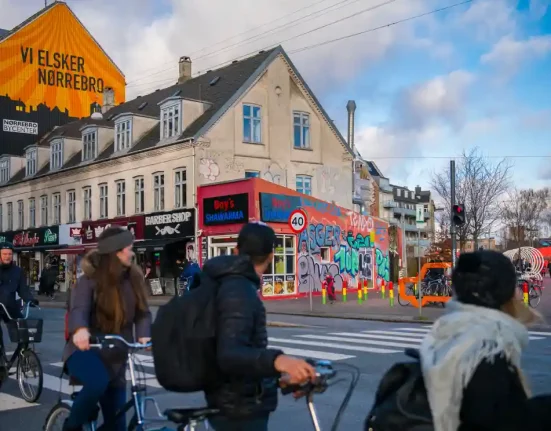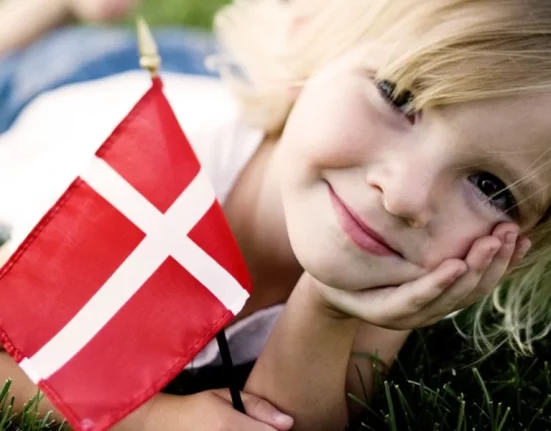The death of George Floyd, 46, in Minneapolis on May 25, 2020, was a tragic event but it also provided an opportunity for the world’s loving and thoughtful people to stand up and take ownership of the precarious circumstances they locate themselves in nowadays. The world is finally responding to the screams for equality and fairness.
Sadly, we in Denmark have a rich history of refusing to discuss racism. We have ignored how institutional racism has been a huge barrier for many racial minorities in the employment market and the educational system, among other things, since racism has been a taboo concept. Many on the far right, particularly the Danish People’s Party, even reject that the phenomena of racism are real.
Any attempt to impose racism on the social and cultural initiative in Denmark has become so entwined with one’s political allegiance, offensive language, nativism, racial heritage, and inherent superiority that any efforts to do so always wind up as a slight wave in the mighty river of discourse in the mainstream press, legislature, and among academic institutions.
Racism and discriminating speech, behaviors, and legislation are all part of everyday life, and they feed hate and intolerance. Racism and prejudice have mental, physical, and societal implications for both individuals who are subjected to it and those who witness it. The growth has had such an impact that 130 psychologists produced an essay emphasizing how, via their treatment encounters, they discovered that many years of abrasive discussion tone, everyday encounters of racism, and severe treatment had resulted in the development.
The existence of systemic racism is undeniable. For racial minorities, it emerges every day as we line at the grocery, take a public transportation seat on our way back from work, or wander in the street. The admission that there is an actuality outside the lines of the white population is a necessity for a serious discourse on the matter.
It is not in the spirit of the inter-ethnic community that Denmark has become now to reject it.
Murder of a Biracial Man Exposed Danish Racism
Last month, a multiracial man was murdered on a Danish Baltic Sea island. The killing was caused by a personal connection that went bad between the deceased and the offenders, according to the Danish police, prosecutor, defense counsel, and a white acquaintance of the victim.
On June 23, the 28-year-old sufferer, who had Danish and African ancestors, was discovered on the Danish island of Bornholm. On murder charges, two white siblings in their twenties who the victim knew have been arrested until July 22. Officials have not named any of them.
After it was discovered that the victim’s death resembled that of George Floyd; there was suspicion that the crime was race-related.
Activists like Moeller perceive a trend of rejection in Denmark; which they connect to the country’s developing anti-immigrant sentiment. She also reminds that Denmark’s right to free speech should not be used to degrade individuals and that the abuse of that freedom has historically drawn Muslims from all over the world to the Scandinavian country of 10 million people.








